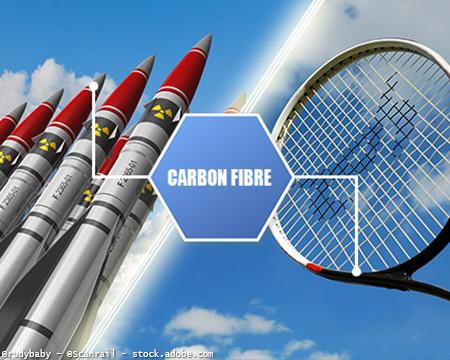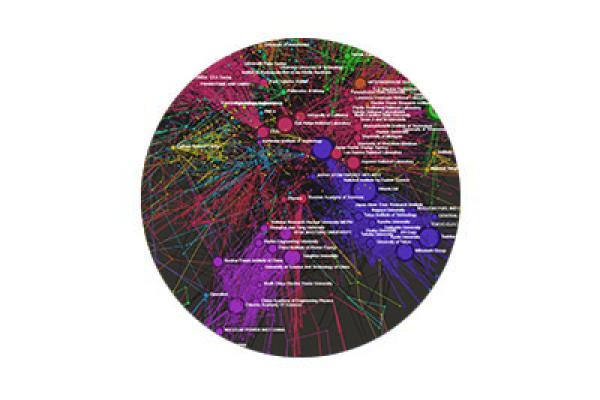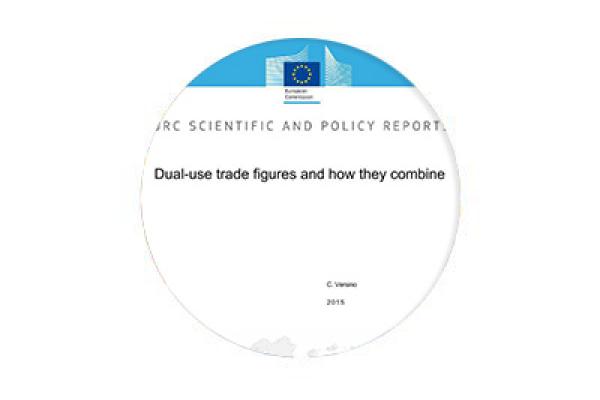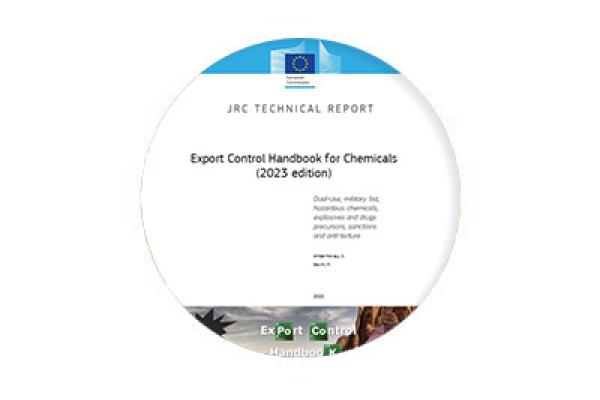In order to combat the proliferation of Weapons of Mass Destruction (WMD) and related materials, equipment and technologies, the EU P2P programme for the dual-use goods aims at enhancing the effectiveness of dual-use export controls worldwide.
Export Controls or, Strategic Trade Controls aim at administering and facilitating the international trade of dual-use goods. Dual-use goods are highly sensitive products and technologies used for either civilian or military applications.
The overall framework for these efforts is set in the EU Global Strategy, the preceding EU Security Strategy (2003, PDF), the EU Strategy against the Proliferation of Weapons of Mass Destruction and the EU regulation No 2021/821 and its amendments, the EC Delegated Act containing the annual revision to EU dual-use control list as a reference.
At international level, the legal ground is set by UNSCR 1540, calling all states to establish, develop, review and maintain appropriate effective national export and transhipment controls over nuclear, chemical or biological weapons and their means of delivery, including appropriate laws and regulations to control export, transit, trans-shipment and re-export.

For more information download the brochure.
Members
The EU's cooperation programme on export controls of dual-use goods began in 2004 with only four members, from South East Europe. Today it has expanded to include more than 30 countries from 12 regions, across the globe.
Thanks to the Programme's activities and the active engagement of its partners, more than 17 countries have formally adopted some version of the EU dual-use control list in their national legal frameworks.
Objectives
The programme's objective is to enhance capacities on strategic trade controls of dual-use goods through the creation, consolidation and/or updating of effective strategic trade control systems for dual-use goods in partner countries by offering them a long-term perspective for cooperation and mutual economic benefits of export controls harmonisation.
Promoting international cooperation in dual-use trade controls, sharing EU best practises and supporting third countries to meet their international obligations, most notably the 1540 UN Security Council Resolution's requirements are key objectives of the EU’s actions in this area.
The programme strengthens national and regional capacity, taking into account the balance between security and economic considerations.
Examples of cooperation activities include:
- dialogue and regional conferences
- support in the drafting of relevant export control legislation
- training for customs and licensing officials
- train-the-trainer seminars
- e-learning modules
- case studies and table top exercises
The programme is demand-driven and it operates on the basis of peer-to-peer consultations.
Experts
Approximately 200 subject matter experts from the EU and outside, coming from diverse backgrounds offer expertise to the various EU P2P projects.
Funding through NDCI
The EU P2P Export Control Programme is funded through the Neighbourhood, Development and International Cooperation Instrument – Global Europe (NDICI – Global Europe).
NDCI-Global Europe contributes to achieving the international commitments and objectives that the Union has agreed to, in particular the 2030 Agenda and its Sustainable Development Goals and the Paris Agreement.
NDCI merges several former EU external financing instruments including the previous funding line for the EU’s cooperation activities for export controls, the Instrument contributing to Stability and Peace (IcSP).
Programme Implementation – Projects and Partners
Global Project (EU CBRN CoE Project 103)
Following the completion of CoE Project 64, also known as the global project (2017-2021), the EU launched, in December 2023, its successor CoE Project 103. The new project inaugurates a new era for the global project and extends its scope of participation to several countries in Africa, Central and South America, as well as Central and South Asia.
The project is implemented by a consortium led by Expertise France (EF)with the support of the SBDU- Ministry of Industry and Economy (France). EF is the French public agency for international technical cooperation.
The consortium includes also: The German Federal Office for Economic Affairs and Export Control (BAFA), University of Liege, King’s College London, and the University of Barcelona.
The latest phase of the project has a duration of three years (2023-2026). A complete overview of the project’s context, scope and major activities can be found here.
EU P2P in Central Asia (EU CBRN CoE Project 105)
The EU launched, in November 2023, a new project for creating, updating and consolidating Strategic Trade Controls in Central Asia.
The countries in scope are Tajikistan, Turkmenistan, Uzbekistan, Mongolia, Kazakhstan, Kyrgyzstan and Pakistan.
A complete overview of the project’s context, scope and major activities can be found here.
EU P2P in Middle East (EU CBRN CoE Project 89)
The EU P2P has a longstanding presence and impact also in the Middle East. Under the predecessor of project 89 (CoE Project 38), the EU implemented cooperation activities with Jordan, Lebanon and Iraq.
Since January 2022, project 89 covers in addition to Jordan, Lebanon and Iraq all six partner countries from the Gulf area (Bahrain, Kuwait, Oman, Qatar, Saudi Arabia and the United Arab Emirates).
Other EU activities on Dual-Use Export Controls
Two additional initiatives, the so-called Targeted Initiatives concerning dual-use export controls are undertaken by the EU.
- To engage the academic community in the CBRN area of knowledge by:
- raising awareness of risks relating to intangible transfers of technology
- providing education and training to students and practitioners on export control matters.
- To encourage partner countries to commit to implementing and enforcing effective export controls by:
- setting up useful sources of information
- contributing to the development of guidance and model Internal Compliance Programmes (ICPs)
- establishing communication channels with industry and academia.
Export Controls of Dual-Use Materials and Technologies in Central Asia
The Targeted Initiative (TI) on “Export Controls of Dual-Use Materials and Technologies in Central Asia” started in September 2017.
It is financed by the EU's IcSP and it is implemented by the International Science and Technology Center , in Nur-Sultan (ISTC).
The participating countries are: Kazakhstan, Kyrgyzstan, Tajikistan, Uzbekistan, Turkmenistan, Armenia, Georgia, Afghanistan, Pakistan, and Mongolia.
Export Controls of Dual-Use Materials and Technologies in GUAM Countries
A similar TI on “Export Controls of Dual-Use Materials and Technologies in GUAM Countries” began in January 2018.
It is also funded by the EU's IcSP and, in this case it is implemented by the Science and Technology Center in Ukraine (STCU).
The participating countries are: Georgia, Ukraine, Azerbaijan and Moldova (GUAM).
Useful Tools

TIM Dual-Use is a web-based platform tailored to the mapping of Dual-use technologies listed in the "EU dual-use control list" and Emerging technologies

In this report we estimate the total intra- and extra-EU Dual-Use Export Value (DUEV).

The aim of this handbook is to correlate those chemicals under the scope of Export Control Regulations with other relevant data

